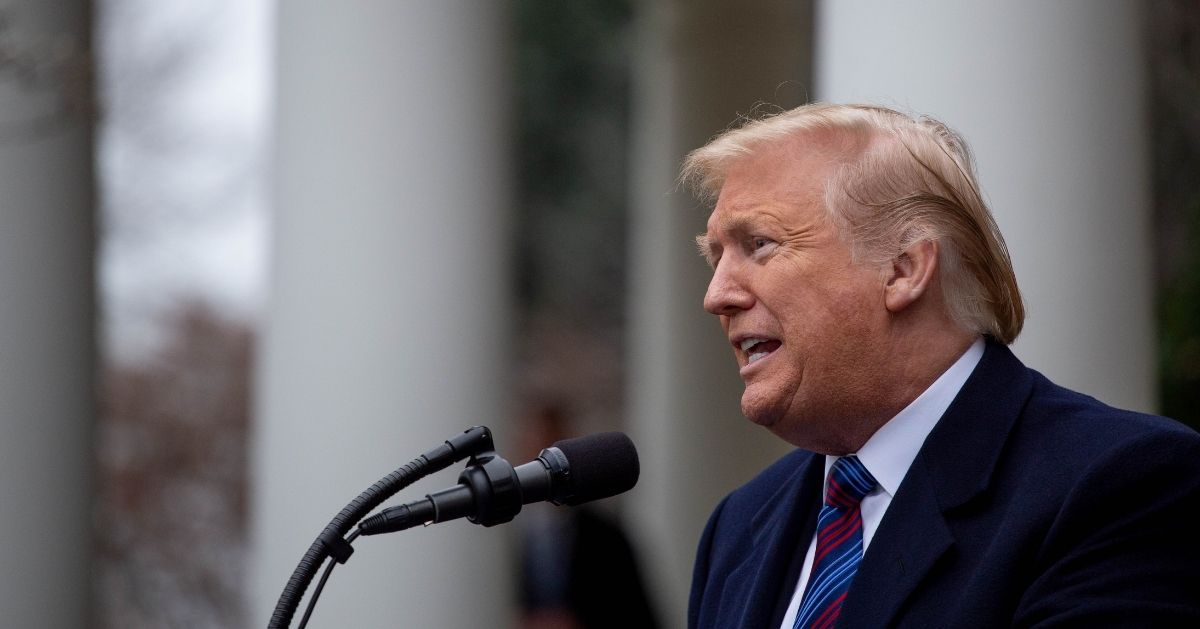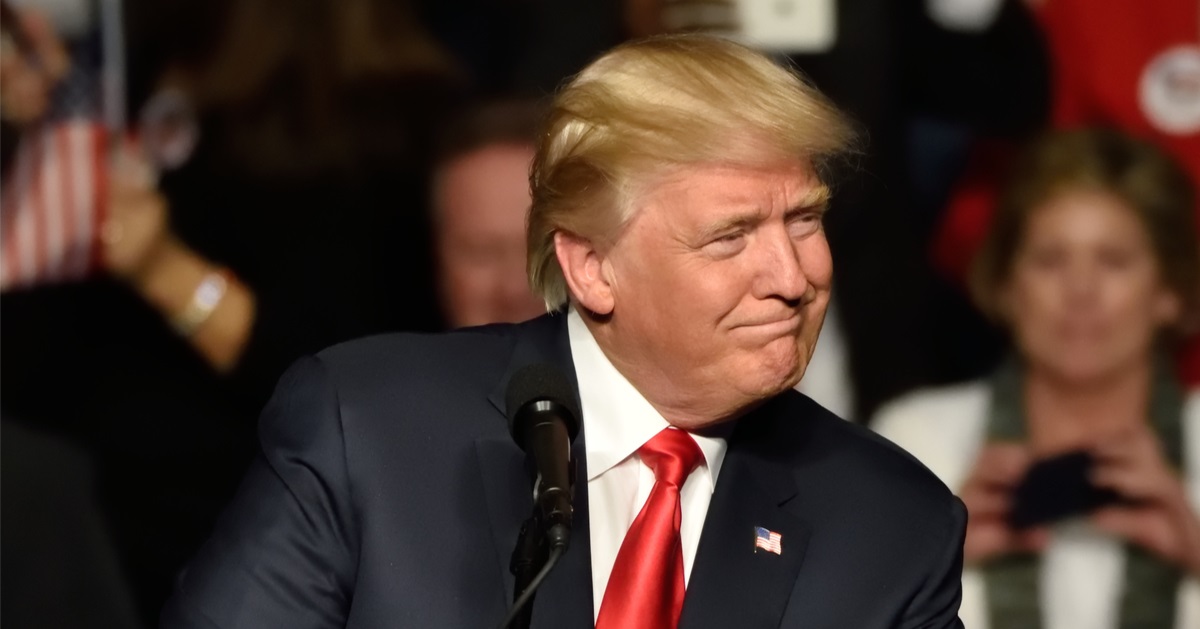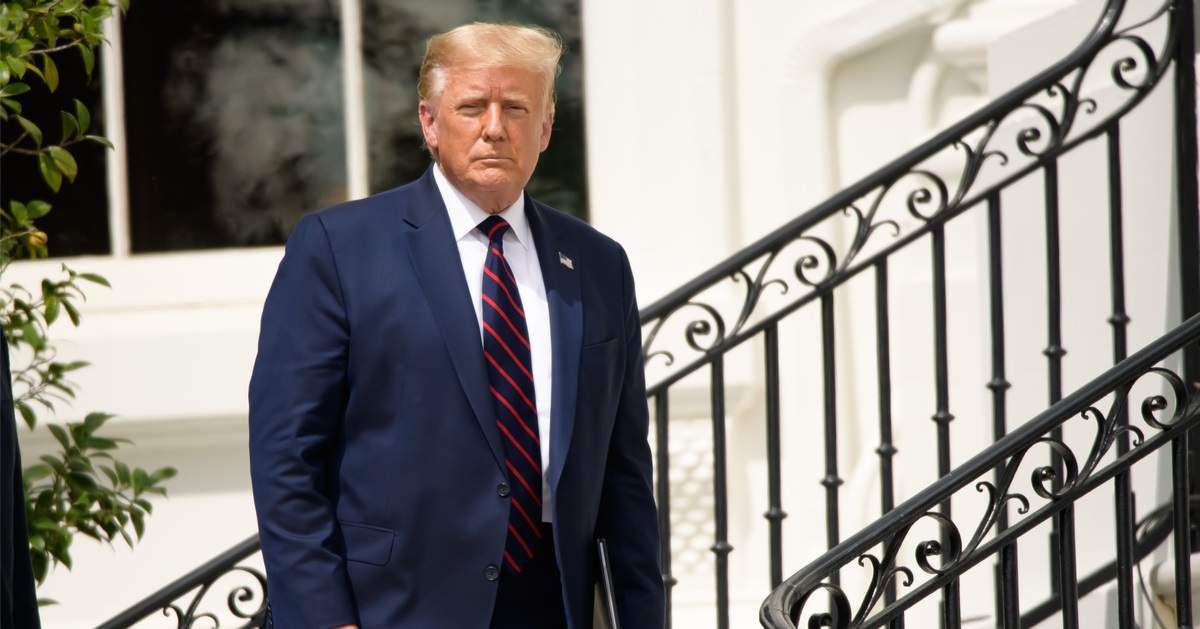Editor of Scientific American calls Trump's voters 'f---ing fascists'
Laura Helmuth, the editor-in-chief of Scientific American, referred to those who voted for Donald Trump as the "meanest, dumbest, most bigoted" people because they were "f---ing fascists."
Under the guise of her Bluesky social media account, Helmuth documented her reaction to the presidential election over the length of Tuesday night. She started off with a positive attitude, praising the work of the campaign, as The New York Post reported.
"Thank you to everyone who knocked on doors, sent post cards, organized, participated in get out the vote events, donated, registered voters, and just plain voted. I'm so glad we're all in this together," Helmuth wrote.
She also added, "Welp. Gonna be a long night. Cheers, everybody."
Growing Outrage
As additional results were received that indicated that former President Trump, now President-elect Donald Trump, was gaining ground in numerous critical states, Helmuth became increasingly agitated, appearing to insult his supporters.
"Every four years I remember why I left Indiana (where I grew up) and remember why I respect the people who stayed and are trying to make it less racist and sexist. The moral arc of the universe isn't going to bend itself," she wrote.
"Solidarity to everybody whose meanest, dumbest, most bigoted high-school classmates are celebrating early results because f--- them to the moon and back," another post read.
Helmuth also wrote, "I apologize to younger voters that my Gen X is so full of f---ing fascists."
Another Day of Rage
A Scientific American article titled "Election Grief Is Real" was one of the articles that she shared the next day. The article "Here's How to Cope" includes remarks from Pauline Boss, an emeritus professor and psychotherapist at the University of Minnesota College of Medicine.
"Now we have a kind of loss that I think is causing some grief for people who wanted a different outcome of this election. It’s really quite important to understand the feeling.
"It is a normal response if you’re in the midst of something you didn’t expect and you don’t like, and it came suddenly, unexpectedly. It’s a major loss," Boss said in the article.
Additional Comments
The enraged editor went on to describe the phenomenon known as "frozen grief" to explain the lingering emotional impact of political and societal changes.
This form of grief, according to the editor, stems from intangible losses, such as diminished hope, trust, bodily autonomy, and support for marginalized communities.
Unlike traditional grief, which often allows for closure through rituals and ceremonies, frozen grief remains unresolved, leaving individuals in a prolonged state of mourning for ideals and futures they feel are out of reach.
"It’s not like a grief of a person for whom you have a death certificate and a funeral after and rituals of support and comfort. We’re stuck with this. I wrote about it as frozen grief," Boss said.





